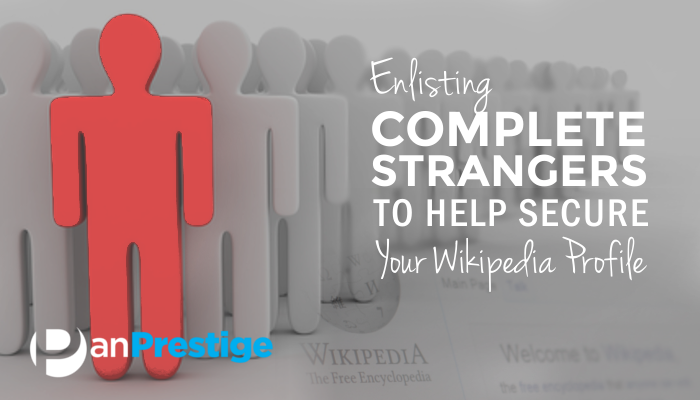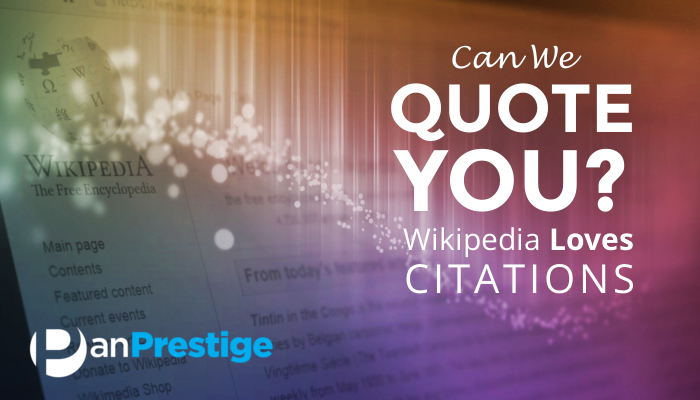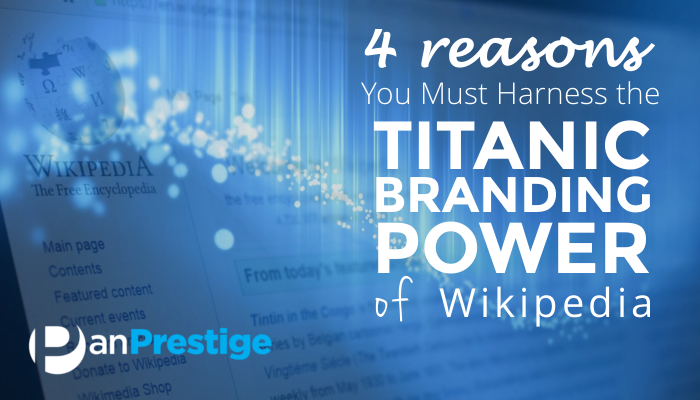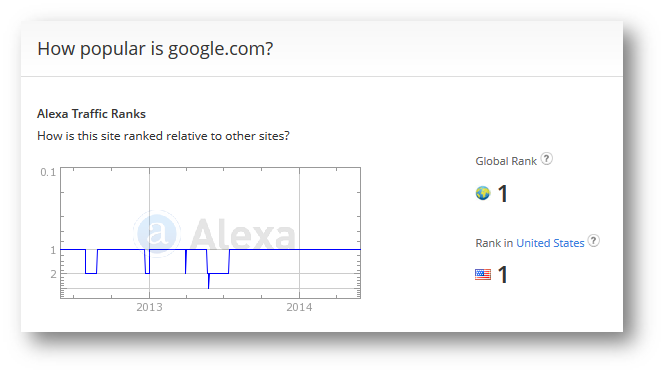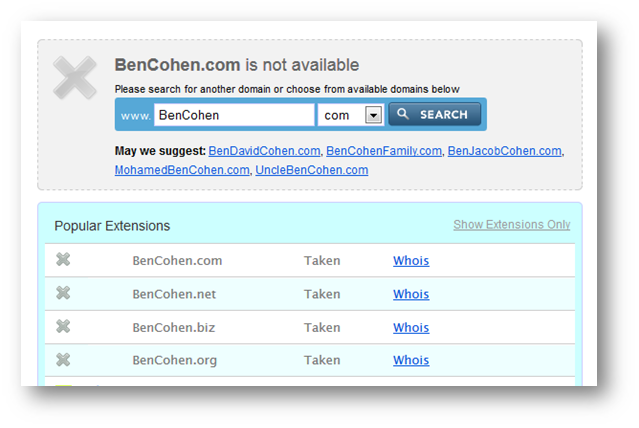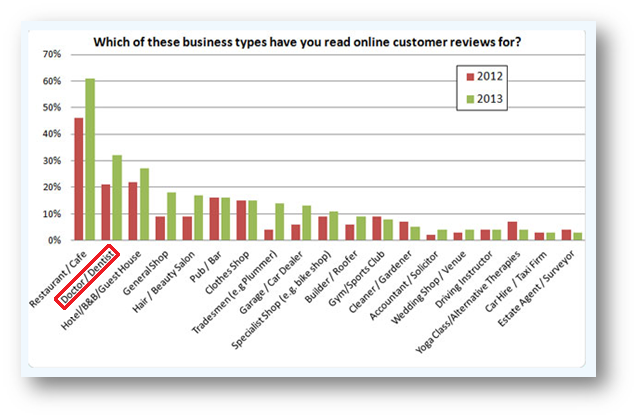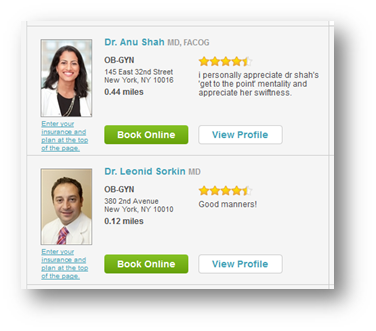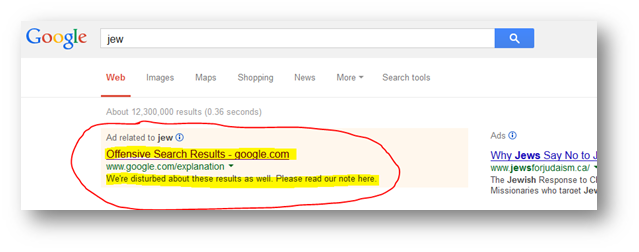You don’t have to be a trained journalist or even a particularly capable writer to create content for your blog, website or social networking accounts that will generate visibility and buzz for you and your business.
If you can create a shopping or a To-Do list, you already have the basic skill set required to produce one of the easiest publicity magnets in a sophisticated PR person’s bag of tricks.
Top 10 lists are as old as the Bible itself. The Almighty, in His infinite wisdom, knew way back at the dawn of civilization that if you want to deliver a powerful message in a manner that people will remember, generate a list (which for Him was a snap, after creating the earth, the heavens, and the rest of the universe.)
The Bible is a narrative full of rich characters and compelling stories. Many people believe it is also great literature. Yet millennia before the dawn of the Internet, the Ten Commandments synthesized the essence of the entire Old Testament into easy-to-comprehend rules that could readily have been Tweeted out to the flock, if only smartphones had been around back then.
“You shall have no other gods before me.” Simple enough. “You shall not murder.” Got it. “You shall not steal.” A perfect slogan for a meme.
In the 2,000 or so years since God delivered the Ten Commandments to Moses, the magic of such lists hasn’t lost is luster or drawing power. In fact, Top 10 lists are more popular today – fueled by the viral nature of social networks – than at anytime since the ten plagues that moved Pharaoh to set the Hebrew slaves free.
In the modern era, David Letterman picked up the Top 10 mantle 30 years ago, and his nightly Top 10 generated billions of views and – once the Internet came along – reposts.
When Letterman announced his upcoming retirement last August, Business Insider forecast that the entertainer’s “greatest legacy” would be his nightly top 10 pronouncements. Business Insider ranked some of its favorite Letterman tabulations, including:
- Ricky Gervaise shares the Top Ten Stupid Things Americans Say to Brits
- Top Ten Reasons I’m Glad to be Named Justin Bieber
- Top 10 George Bush Moments
God and The Economist
While Letterman is a talented professional, backed by a well-paid team of writers, his best Top 10 lists really aren’t that brilliant – are they? But they work, nonetheless, and they have generated hundreds of millions of dollars in ad revenues for CBS and the Letterman show.
In recent years, entire Internet sites have cropped up dedicated to Top 10 lists, including Listverse.com, TopTenz.net, and UltimateTop10s.com, to list only a few.
Time magazine, at the end of 2014, published its Top 10 Everything of the year. BuzzFeed is a list addict; and even sober news organizations such as The Wall Street Journal (The 10 Wealthiest People Under 40) and The Economist (Top 10 best MBA universities in UK) can’t but help themselves.
If it’s good enough for God and The Economist, who are you to argue?
Okay, then, how do you create your own viral-enabled Top 10 lists? Here’s the first secret: 10 is not a magic number. If you want to show some originality try an odd number, such as 7 or 11. They work just as well.
For topic ideas, look at what you know and what you do on a daily basis. If possible sprinkle in some of these eye-catching words into your list titles: Best, Dumbest, Sexiest, Amazing, Unbelievable, Naked, Fantasy, Profitable, or Inspiring.
For example:
- 7 Best Ways to Avoid an IRS Audit (For an accountant, lawyer, bookkeeper, wealth manager or personal finance writer.)
- 11 Dumbest Things Homeowners Do To Drain Their Bank Accounts (For home repair people of all stripes, wealth managers, or real estate agents)
- 10 Sexiest Hair Cuts for Middle-Age Women (For beauticians, fashion retailers, cosmetic salespeople, or fitness coaches)
- 10 Unbelievable Uses for Baking Soda (For grocery or supermarket blogs, do-it-yourself websites, or repair people)
- 9 Celebrities Who Would Look Great Naked (For fitness centers, tanning salons, tattoo parlors or gossip websites.)
Naked Celebrities and Aluminum Siding
Believe me, if you post “9 Celebrities Who Would Look Great Naked” on your website and promote it, the number of clicks your site will receive in the following week on that article will more than double what you garnered in total the previous week – if not the previous month.
The good news is that you don’t have to be a Robert Frost or Hemingway to generate great lists. “You shall not steal,” is no Shakespearean sonnet.
What you need most is a mindset that asks, “What headline and list can I compile that will be irresistible to the audience I’m trying to reach?”
No topic is too dry or obscure if you truly understand your existing and prospective customers.
- 10 Ways That Aluminum Siding Salespeople Can Turbocharge Their Profits
- 5 Ways My Life Insurance Salesperson Inspired Me To Rethink Retirement
- 15 Fantasies That Your Children’s Teachers Have But Will Never Confess
There is no fixed formula for Top 10 lists. They can be serious, humorous, useful, impractical, and just plain odd. The more original, the better.
Whatever you do, don’t stop at one list. You’ll be well advised to generate multiple lists at regular intervals and monitor which ones generate traction and which ones fall flat. There is no better way to discover what your existing customers and prospects will respond to than trial-and-error.
Finally, note that Top 10 lists are equally effective when the goal is to promote your individual reputation. In such a case, consider lists of authors you admire, destinations you favor, community leaders you respect, and the best advice you’ve ever received.
Based on experience, I can assure you that lists, executed well, are one of the best reputation tools you can deploy. I can think of at least 101 reasons why that’s the case, but I’ll restrain my temptation to list them all here.
If you would like help generating your own Top Ten lists to generate visibility for your business or your personal brand, I encourage you to contact Pan Prestige to discover how we can dramatically bolster your online visibilty.
Be sure to read our exclusive four-part series on putting Wikipedia to work for you.
4 Reasons You Must Harness the Titanic Branding Power of Wikipedia
Can We Quote You? – Wikipedia Loves Citations
Enlisting Complete Strangers To Help Secure Your Wikipedia Profile
Want To Be Featured On Wikipedia? Planning Is A Prerequisite
